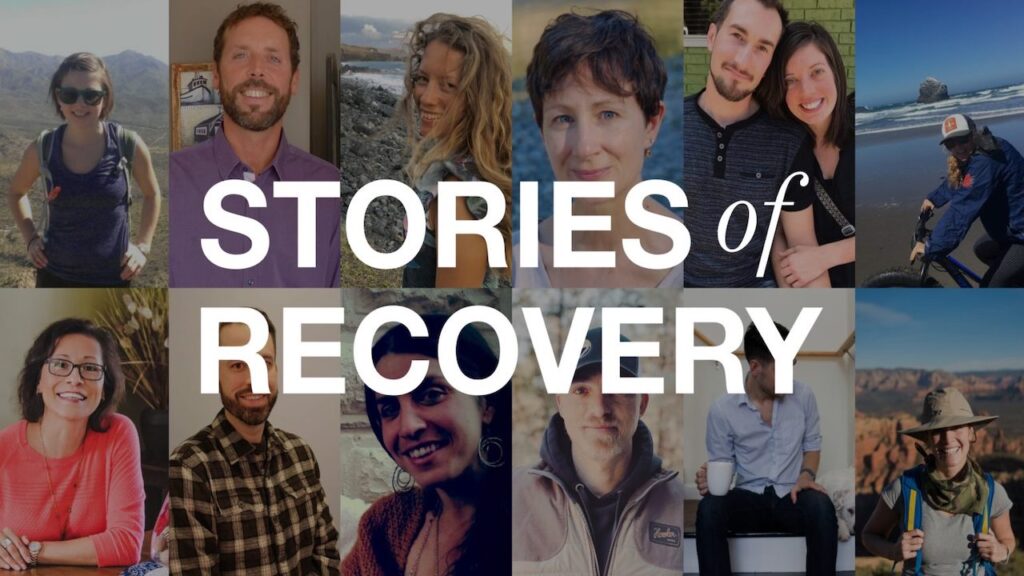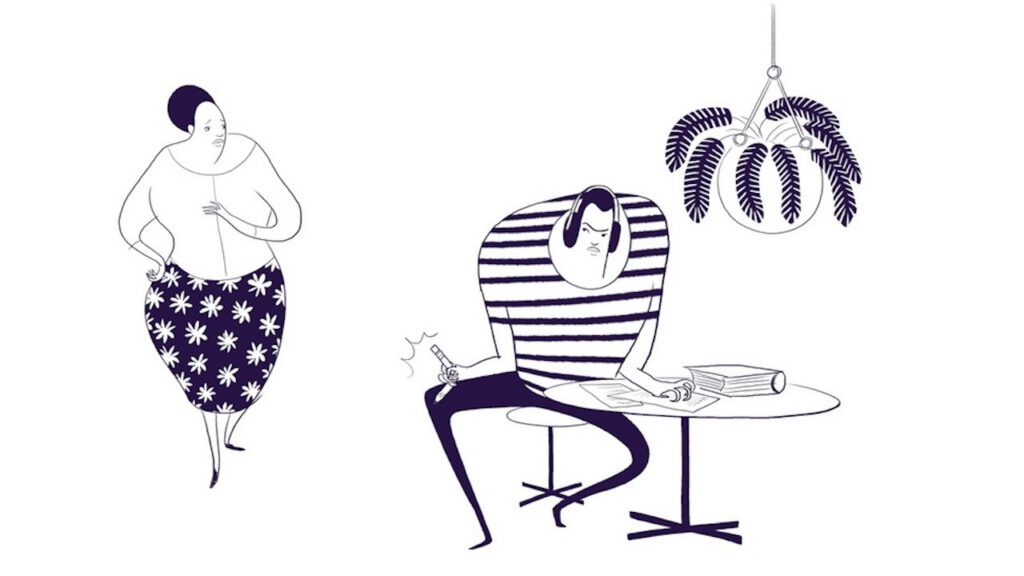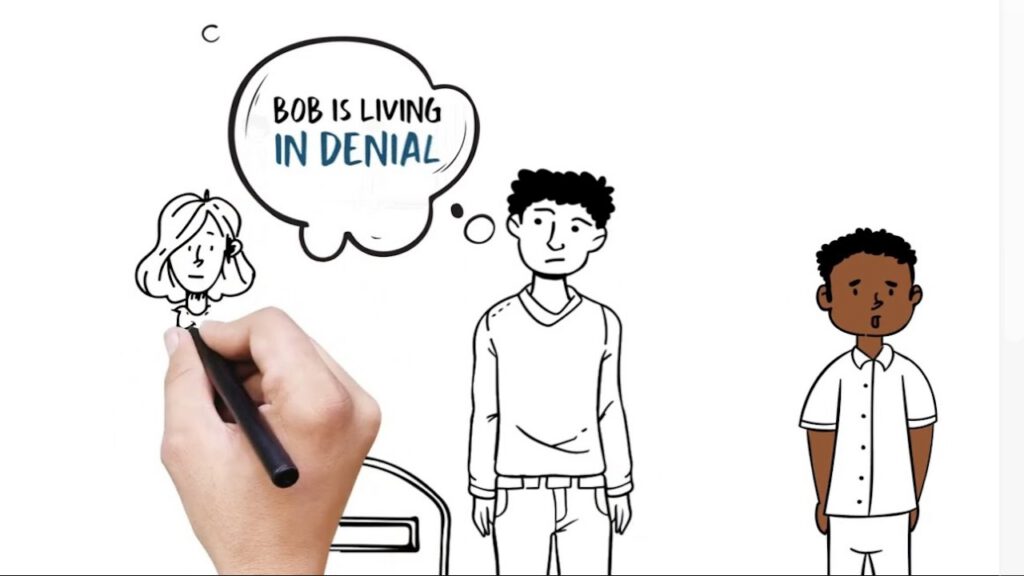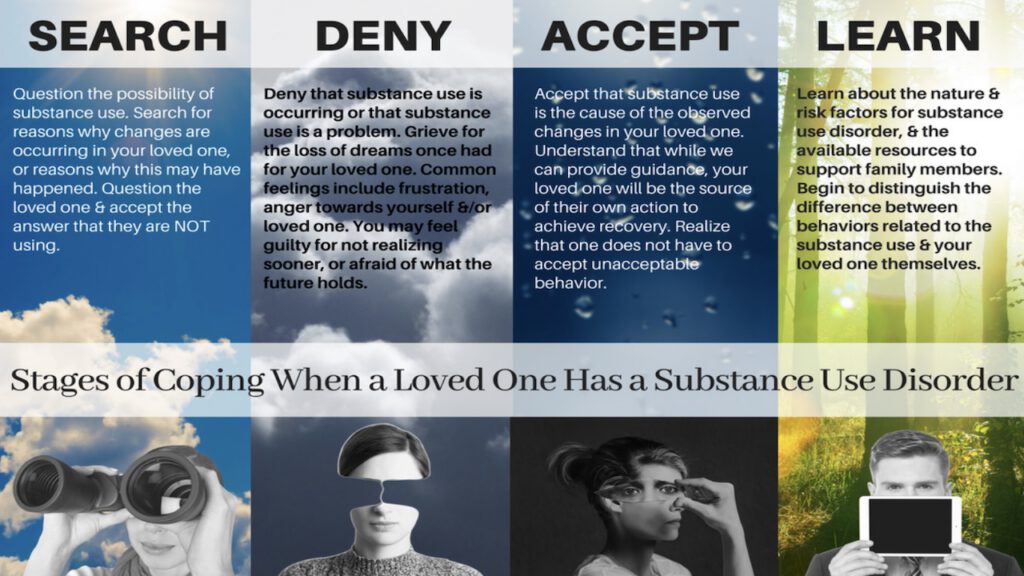Real Allies in Recovery Success Stories

Families Share How CRAFT Helped Their Loved Ones with Addiction
How CRAFT Can Help: Supporting Your Partner to Successfully Moderate Opiate Use

His partner is trying to moderate her use of heroin and methamphetamine with no formal support. Her use consumes so much of his partner’s life that it’s hard to see her “moderation” as progress. But his loved one wants him to acknowledge how “well” she’s doing, and there hasn’t been room for more discussion. Read on for suggested strategies from AlliesinRecovery.net to engage his partner into treatment, using the CRAFT (Community Reinforcement and Family Training) approach.
How to Use the CRAFT Approach to Communicate with a Loved One Living with Substance Use Disorder

Substance Use Disorder can often involve volatile emotions on all sides. When family members use the CRAFT approach that we teach at AlliesinRecovery.net, it can help disentangle emotions from practicalities, leading to greater calm and more effective outcomes. This mom recently had an exchange with her son who is struggling with Substance Use Disorder (SUD), but held back from responding in fear it would end in a heated argument. So, she to turned to Allies for guidance. Read on for some pointers on how best to communicate with a loved one in active addiction using the CRAFT approach.
He’s on Suboxone and Hiding Away for Most of the Day. We are Worried.

Her son was using heroin, and he just got out of jail. He reached out for mom’s help and asked to live at home as he starts recovery, and he is getting MAT (Medication Assisted Treatment), specifically Suboxone. But he’s secluding himself so much at home she can’t tell what he’s up to. He’s accessing counseling and groups remotely, but he stays holed up in his room all the time and rarely emerges. Mom worries about his isolating so much and whether he might be using. We weigh in with some thoughts about the varied aspects of early recovery, and with some reminders about practicing CRAFT (Community Reinforcement and Family Training.)
Debunked in 3 ½ Minutes: Harmful Myths About Family and Recovery

It can’t be said too often: substance use disorder is a disease. Yet unlike nearly all other diseases, it’s still often treated as a moral failure, or even a lifestyle choice. This short video illustrates this double standard in the starkest terms. It reminds us that showing care, commitment, and understanding to a Loved One with SUD is not just natural, but also the foundation for helping them at all.
Substance Use Disorder: A Guide For the Family

The Recovery Research Institute, affiliated with Harvard Medical School, is dedicated to advancing the understanding and treatment of addiction. This page on substance use and the family is an extremely well-designed information hub. It’s a great place to start your journey to deeper understanding—or to remind yourself of the basics.
His Early Recovery Is Triggering Me

Her loved one has been abstinent from substance use for weeks. With steady recovery inputs, including a medication, he is doing better. However, he recently adopted a deeply confrontational stance and has shifted to some alternative addictive behaviors. Our AlliesinRecovery.net member, feeling hurt and lost, wonders how to address these new challenges. Laurie MacDougall uses some examples from her son’s recovery journey to help paint a picture of more successful interactions that can let some of the tension out of the situation. Read this blog post for some CRAFT-informed ways to handle triggers, boundaries, and power struggles.
She’s Using Again and Gone Missing.

A worried mom wrote in to share news of her daughter’s recurrence after 6 months of recovery from AUD (Alcohol Use Disorder). To complicate matters, the daughter had been off on a binge and out of touch for a week. Obviously, this kind of situation is never easy for a worried parent, family member, or significant other. The mom is using our eLearning Modules to remind herself of important CRAFT principles. We weigh in with some supportive reminders about resilience – hers and her daughter’s – and the reminder that recovery is never a straight line or an on-off switch; we call it the “spiral of recovery.”
“Addiction Is a Disease That Thrives in The Dark”: A Younger Sister’s Plea For an End to Fear and Shame

Sam Fowler and her parents spent many years hiding her brother’s substance use disorder (SUD) from the world. The experience convinced Sam that openness, and even vulnerability, are better choices.
